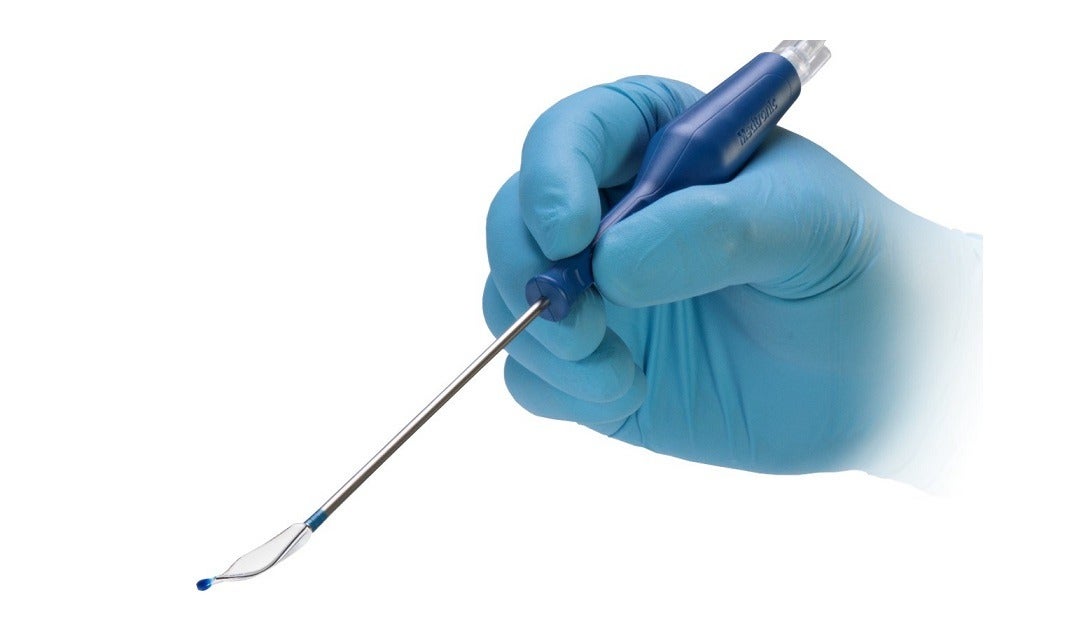
Dublin-headquartered medical device company Medtronic has rolled out NuVent Eustachian tube dilation balloon for the treatment of chronic, obstructive Eustachian Tube Dysfunction.
The US Food and Drug Administration (FDA) -approved NuVent comes with a flexible balloon section that facilitates patient-specific placement based on their individual anatomy.
The device allows surgeons to offer treatment in both outpatient or office setting.
Medtronic ENT business president Vince Racano said: “As office-based procedures for ENT conditions increase, we look forward to introducing more innovative technologies designed specifically for this setting. The NuVent balloon is another important product within this expanding portfolio.”
Obstructive Eustachian tube dysfunction is a condition where Eustachian tubes, which links the back of the nose to the middle ear fail to open properly.
The Eustachian tubes primarily protect the middle ear from pathogens, equalise air pressure on two sides of eardrum, and help drain secretions from the middle ear cleft.
Its dysfunction prevents tubes from performing their primary functions, resulting in build-up of fluid in the ears, which leads to pain, hearing difficulty, and a feeling of fullness in the ears.
If not treated, obstructive Eustachian tube dysfunction may also damage the middle ear and eardrum of the patients, said the company.
Ohio Sinus Institute head, rhinologist Boris Karanfilov said: “Patients who suffer from Eustachian Tube Dysfunction often experience pain, pressure, and hearing difficulties, so it’s important to address their illness quickly.
“Balloon dilation restores proper Eustachian tube function and reduces these symptoms, plus the ability to perform the procedure in the office makes it both convenient and efficient.”
Last month, Medtronic has received the FDA approval for its InterStim X, the new-generation of recharge-free device in its InterStim portfolio.
InterStim systems are said to be a standard of care in advanced therapy, and the most personalised systems for delivering sacral neuromodulation (SNM) therapy.
The company claimed that its SNM system is supported by more than 90 clinical studies, 1,000 clinical articles, has treated 350,000 patients for 25 years.






